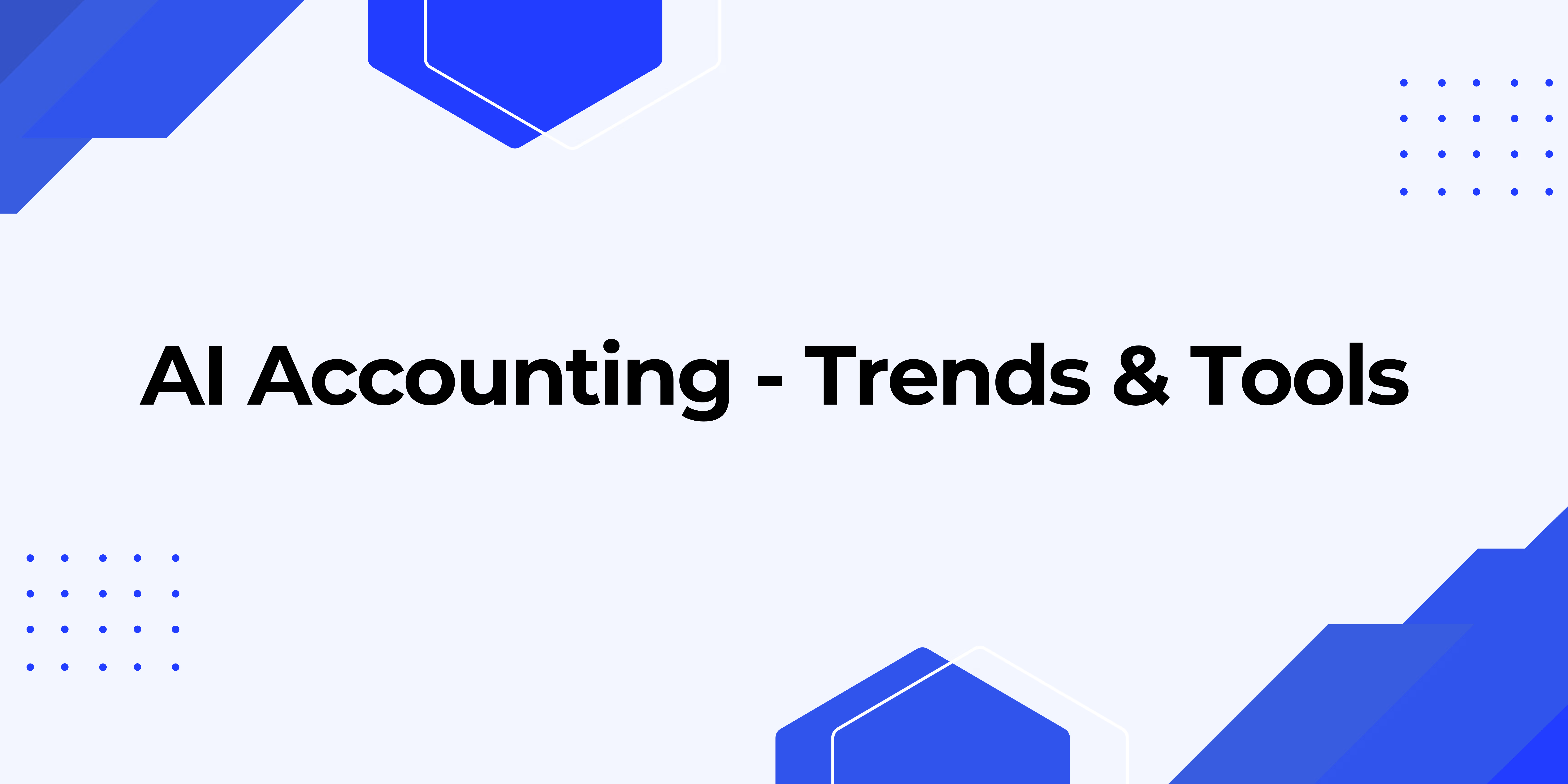
What if you could close your books in hours instead of days, spot fraud before it happens, and never again lose sleep over a missed payment? That’s not a futuristic dream, it’s the reality AI is bringing to accounting today.
Artificial intelligence (AI) is no longer a buzzword reserved for tech companies; it’s rapidly transforming finance and accounting. From automating tedious data entry to predicting cash flow trends with remarkable accuracy, AI in accounting is rewriting the rules of the industry.
In this guide, we’ll break down what artificial intelligence in accounting really means, explore examples of AI in accounting you can use today, and highlight tools shaping the future of the profession.
At its core, AI in accounting refers to using advanced machine learning algorithms and automation tools to handle accounting tasks that traditionally require human judgment.
Unlike traditional software that follows predefined rules, AI can:
Think of it as having a tireless junior accountant who’s always accurate, never sleeps, and gets smarter with each task.
Let’s be clear, AI won’t replace accountants, but it will replace repetitive accounting work. This shift frees accountants to focus on strategic decision-making, advisory roles, and client relationships.
Here’s why the profession is leaning into AI:
AI’s value isn’t just in theory, it’s in practical, everyday use. Here are real-world examples of artificial intelligence in accounting:
1. Automated Data entry and book keeping
AI is able to scan invoices, receipts and bank statements and they automatically can be categorized and reconciled.
2. Automation-Accounts Payable & Receivable
Automation of cash flow The cash flow management is facilitated by AI systems; sending payment reminders, flagging overdue invoices, etc.
3. Fraud and risk detection
AI is also able to detect transaction habits and inform you of malicious activity before it is a costly endeavor.
4. Tax Prep & Compliance
The implementation of AI in the form of tax tools can detect non-compliance problems, identify deductions, and do taxes.
5. Financial forecasting & planning
Through this, AI determines trends in revenue, expenditure, and cash flow by learning the historic data.
AI’s role in accounting is evolving quickly. Here are the trends shaping the next 5 years:
1. Predictive Analytics as a Standard
No longer “nice-to-have,” predictive insights will become a basic expectation in financial reporting.
2. Natural Language Processing (NLP)
Soon, you’ll be able to ask your accounting system questions like, “How much did we spend on marketing in Q2?” and get instant, conversational answers.
3. AI-Powered Audits
Auditors will use AI to analyze full datasets in seconds, replacing random sampling with 100% coverage.
4. Seamless Integrations
Expect tighter AI integrations with ERP systems, banking apps, and CRM tools reducing data silos.
5. Ethics and Governance
As AI’s role grows, accountants will also become data stewards, ensuring algorithms are transparent and unbiased.
If you’re wondering how AI can help accountants in practice, here’s a breakdown:
While the benefits are huge, AI accounting isn’t without its hurdles:
Pro tip: Always treat AI as a decision-support tool, not a decision-maker.
Here’s a simple roadmap for adopting AI in your accounting processes:
1. Identify Pain Points
Is your team drowning in manual reconciliations?
Are late invoices a recurring problem?
2. Choose the Right Tool
Match your needs with an AI platform that fits your budget and integrates with existing software.
3. Start Small
Implement AI in one process (e.g., invoice automation) before expanding.
4. Train Your Team
Ensure everyone knows how to use the tool and understands its role.
5. Monitor & Adjust
Track results, gather feedback, and tweak your processes as AI learns.
Read More: What is Automated Invoice Processing? A Complete Guide
Let’s bring it to life with a few case studies:
Looking ahead, AI won’t just process your transactions, it will anticipate your needs. Imagine:
As AI capabilities grow, accountants who embrace these tools will move from “number crunchers” to strategic advisors who drive business growth.
The rise of AI in accounting isn’t about replacing humans, it’s about empowering them. By automating the tedious and surfacing insights faster, AI gives accountants the bandwidth to focus on high-value work. Whether you’re a freelancer managing your own books or a CFO overseeing complex operations, there’s an AI solution that can save you time, improve accuracy, and help you make better financial decisions. So, what’s your next move? Will you wait for the future to arrive or start building your AI-powered accounting process today?